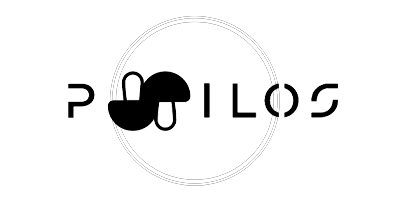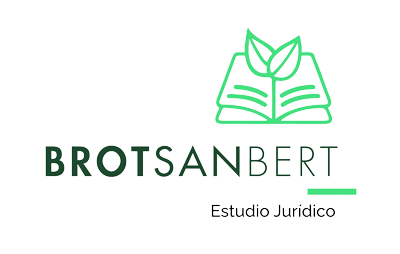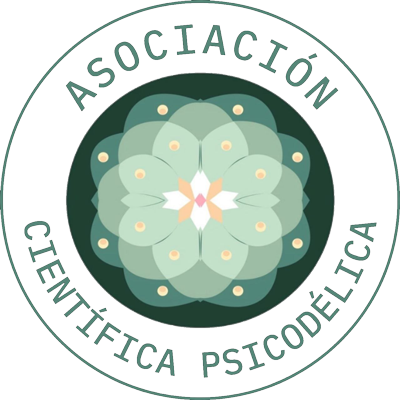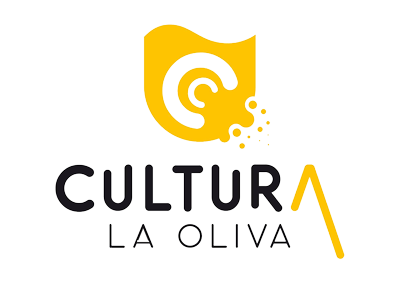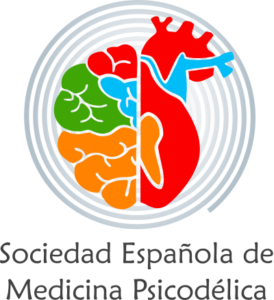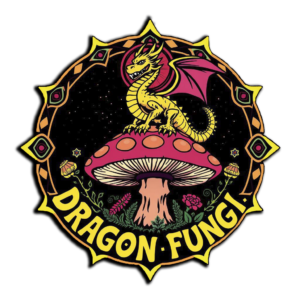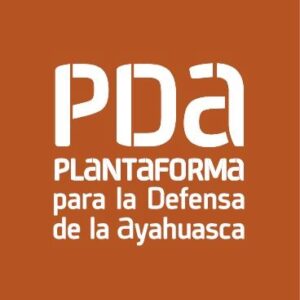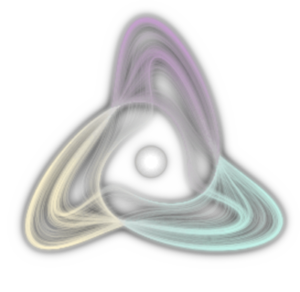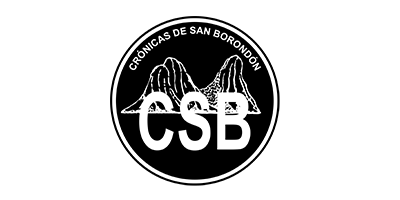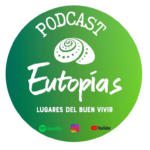Estefanía Moreno will be part of the round table “Climbing Out of the Hole: Ketamine and Mental Health,” next Saturday, November 23rd, at Fuertedélica. Moreno is a doctor with training in Psychoneuroimmunology and Transpersonal Psychology, and she conducts ketamine-assisted psychotherapy at Clínica Synaptica, a pioneering center in Catalonia for psychedelic therapy. More than 240 patients have attended the clinic in its three years of existence, an important experience that Estefanía will share in her presentation at Fuertedélica.
Clínica Synáptica was one of the first centers in Spain to incorporate psychedelic therapy, currently using only ketamine, as it is the only psychedelic substance authorized for medical use in the country.
Indeed, we are the first clinic of this kind in Catalonia and one of the pioneers in Spain. Ketamine is mainly prescribed for major treatment-resistant depression. Although there are numerous clinical trials underway for other indications, this makes it the spearhead of future therapies within psychedelic medicine, marking a significant change in the approach to mental health.
How do you define this change in approach?
In the clinic, we have treated several hundred patients with very promising results. Many of our patients have tried various previous treatments without significant improvements. Ketamine often causes a rapid change in symptoms, which can be the start of an important therapeutic transformation, thanks to neuroplasticity and synaptogenesis, among other mechanisms of action, which facilitate the creation of new neuronal connections.
Why is speed crucial in treatment?
Some patients we see have suicidal ideation, so a fast-acting tool is vital.
How many ketamine sessions are required to see improvements in depression?
I prefer to talk about processes rather than “overcoming depression,” as these are not linear and have their ups and downs. Some people notice changes from the first session, while others need at least four or five sessions. We always combine the sessions with psychotherapy to work with the altered state of consciousness induced by ketamine, addressing the content from a holistic perspective and individualizing the treatment according to emerging needs.
Unlike antidepressants, ketamine and other substances such as MDMA or ayahuasca do not chronify the disease or the treatment.
Yes, antidepressants are often used chronically in severe cases and can leave the person in a state of non-remission. Ketamine causes significant short-term changes, facilitating a different vital dynamic and contributing to the maintenance of these improvements. However, they are not miracle tools; their effectiveness depends on multiple factors and subsequent therapeutic follow-up.
Ketamine is a dissociative, what subjective effects does it cause?
Ketamine is an anesthetic and dissociative. Experiences vary greatly between individuals, but often include a different perspective or a disconnection from the body, which allows for a detached and new look at oneself, enriching the therapy. Each session can be very different, adding an element of unpredictability typical of psychedelics.
How important are safe legal and physical environments for the use of psychedelic substances?
It is crucial to access these substances in a safe environment, knowing the doses and risks. Medicine uses many drugs with side effects, and it is always about evaluating the risk-benefit. With powerful substances like ketamine, proper use is fundamental to minimize risks and maximize therapeutic benefits.
Psychedelic substances tend to have low toxicity compared to other medications.
Exactly, ketamine is very safe, even used in veterinary and pediatric medicine as an anesthetic. The doses we use are much lower than anesthetic ones, and we control the patient’s cardiovascular risk before, during, and after treatment. Additionally, they generate little dependence compared to other drugs.
Is there a risk of addiction to ketamine?
Outside the clinical context, the risk of addiction is described, but in our environment, it is practically impossible, as we control the administration and duration of the treatment. If we detected an addiction problem, it would be a contraindication for treatment. So far, we have not had any cases.
What will you highlight in your intervention at Fuertedélica 2024?
I will share the accumulated experience at Clínica Synaptica and my integrative approach, highlighting the synergies between our intestinal ecosystem and ketamine therapy. There is an opportunity to redefine the concept of health through psychedelic therapy, integrating mental and physical health from a holistic perspective.
How is mental health related to the state of the digestive system?
There is increasing evidence that digestive pathologies and inflammatory states can produce symptoms of depression. Inflammation and depression are closely linked, so addressing health from an integrative perspective, including the digestive state, can enhance anti-inflammatory mechanisms and improve overall mental health.
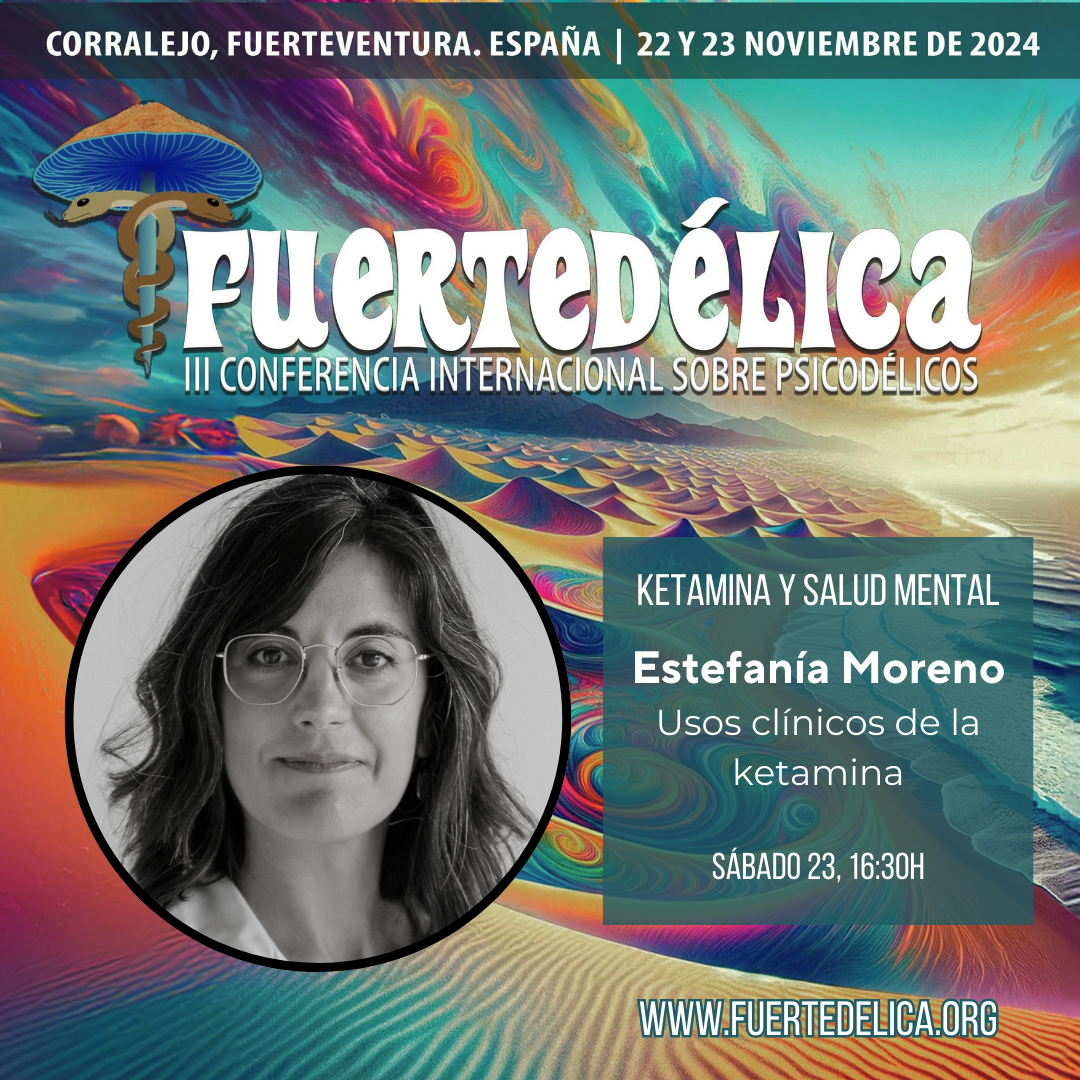
Don’t miss Estefanía Moreno at Fuertedélica. Get your discounted ticket today on our website.




